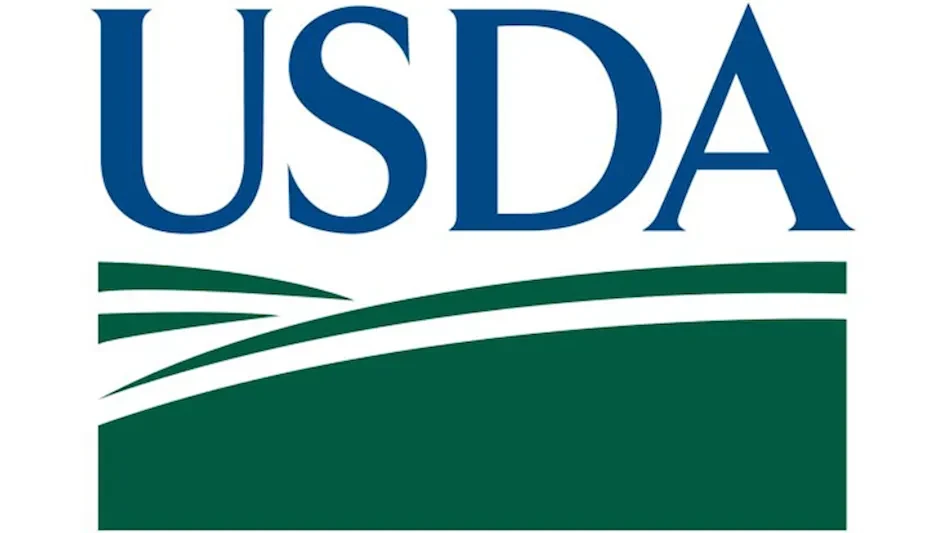You have a Hazard Analysis Critical Control Point (HACCP) program and you’ve set the CCPs. But you’re running into issues at one of the critical control points, and you’re not sure of the cause. When assessing non-conforming CCPs, a key step is to determine whether the issue is training or process related.
A TRAINING ISSUE? To determine if you have a training issue, you need to know if your employees understand your overall HACCP program, the specific critical control points, and the purpose of the program and CCPs. In training employees in HACCP, says Len Steed, AIB HACCP instructor, plants should conduct general then job-specific training, such as how each CCP is actually executed and what to do if it cannot be attained. In smaller plants, employees should have a general understanding and be able to explain the plant’s CCPs; in larger plants, employees should have a similar understanding of the area in which they work. "Whether large or small, employees executing CCPs really need to understand the importance of executing their CCP and what they must do in the event of a deviation," Steed says. To determine your employee’s level of understanding, ask:
• What is HACCP?
• What are the CCPs in our plant?
• Why are these critical control points?
• What is each CCP’s critical limit for food safety?
• What is your role and specific duties (if any) in monitoring or measuring our CCPs?
• How often is this task conducted?
• What is the notification and corrective action process in event of a non-conforming CCP?
If you are getting blank stares or confused — or wrong — answers in response, it will be fairly evident that there is a training issue and a program for re-training needs to be set up. You may also want to follow the best practice of a number of plants and give basic HACCP tests to ensure your employees know and understand the material.
A PROCESS ISSUE? If your employees are knowledgeable about your HACCP program and understand and correctly fulfill CCP duties, you will need to determine if and where the issue is in your process. Common issues with HACCP programs are that plants have not adequately identified the most important hazards, Steed says.
"Usually this is because they haven’t truly looked at the inherent hazards in the raw materials for biological, chemical and physical hazards. Others are choosing the wrong critical limit, inappropriate frequency of monitoring, not signing off of the CCP record, etc."
For this set of questions, you will want to gather representative supervisors from your plant and/or areas of concern. (Note: it can be advantageous to include managers from areas not involved in the CCP at issue, as a fresh eye can sometimes reveal new observations.)
• What are the possible foodborne hazards associated with our raw materials, process and product?
• How can we best control the hazard, that is, prevent, eliminate or reduce it to acceptable levels?
• How can and do we monitor and measure the hazard?
• Who is tasked to measure/monitor each CCP? Is there a back-up?
• Is the CCP monitored at the correct frequency; do personnel sign all documentation; are devices calibrated as required?
• Do these employees have the materials and equipment necessary to perform the task?
• Is the critical point placed at the correct point of control?
• Are the specified controls and limits sufficient to prevent, eliminate or reduce the hazard to an acceptable level?
• What verification process do we have in place for the HACCP program and/or specific critical control point?
• Has there been a process or equipment change that could be affecting the CCP?
• Do our records reveal any patterns, e.g., a gradual evolution or sudden change?
Once you get the answers to basic questions such as these, you should be able to take your assessment to more specific levels to delve into the identified issue and correct it. QA

Explore the December 2006 Issue
Check out more from this issue and find your next story to read.
Latest from Quality Assurance & Food Safety
- Ferrero Group Invests $445 Million in Ontario Production Facility
- Nelson-Jameson Announces Grand Opening for Pennsylvania Distribution Center
- Taylor Farms Linked to Romaine E. coli Outbreak as Marler Clark Files Multiple Lawsuits Against Supplier
- IAFNS Announces Winners of Emerging Leader Awards for Food Safety, Nutrition
- FDA Shares Testing Results for PFAS in Bottled Water
- Provision Analytics Adds Food Safety Expert Jennifer Williams to Strategic Advisory Group
- Boston Sword & Tuna Protects Seafood Safety with Mettler-Toledo Metal Detectors
- IFT Releases New Resources to Aid Food and Beverage Industry in Sugar Reduction





